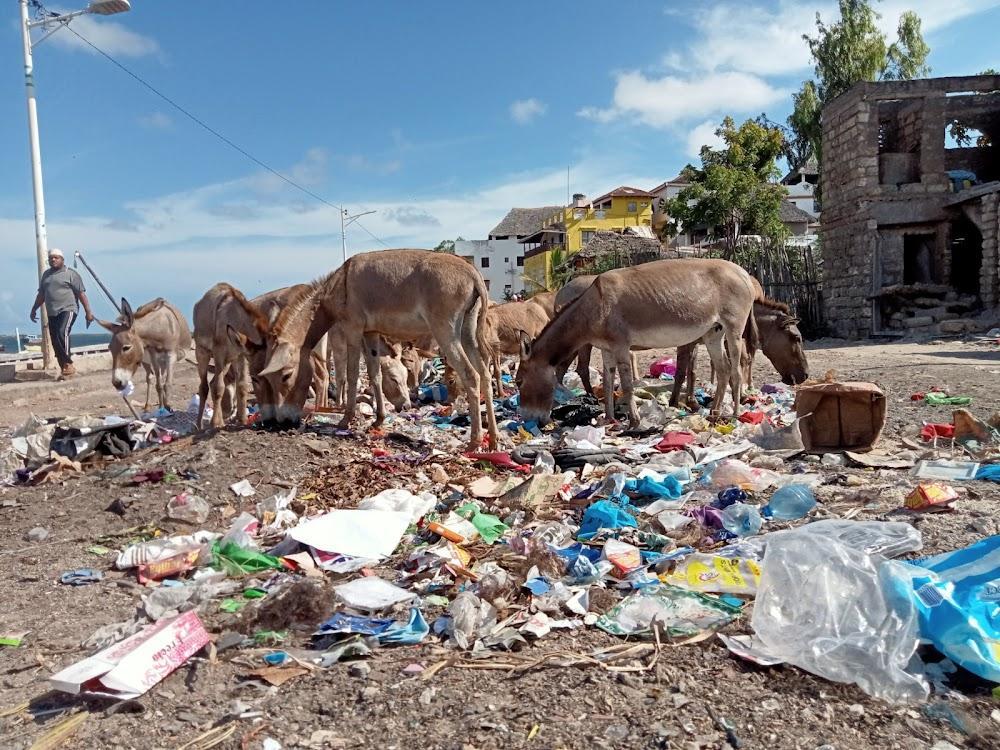Africa-Press – Kenya. Greenpeace Africa wants Kenya to adopt and champion a strong global treaty to end plastic pollution through a phase out of production.
Speaking ahead of the second Intergovernmental Negotiating Committee session (INC2) in Paris, France, from May 29 to June 2, Greenpeace said the treaty must have an immediate cap on plastic production.
The environment conservation lobby says this should be followed by a gradual cut in the production and use of plastic and delivery of a just transition away from all initial production capacity.
INC2 is the second in a series of five negotiation meetings over the next two years in an effort to secure a strong, legally binding global agreement to curb the plastic pollution crisis.
Greenpeace Africa’s Communication Manager, Hellen Dena said despite increasing evidence on the impact of plastic pollution on people’s health and the environment, plastic production has continued to increase annually.
“Ahead of the negotiations for the treaty we decided to put up this important message to remind our leaders and other stakeholders not to waste this once-in-a-lifetime opportunity to finally turn off the tap and end the age of plastic,” said Dena.
The lobby warned that if the discussions fail to tame manufacturing, plastic production could double within the next 10-15 years, and triple by 2050.
Kenya already has in place that bans the manufacture and use of specified types of plastics but the product is smuggled from neighbouring countries especially Uganda which lacks regulations
“We urge Africa’s governments to ensure that there is fair and equitable representation throughout the negotiation and implementation process from communities disproportionately affected by the plastic pollution crisis,” added Dena.
With 99 percent of plastics being made from fossil fuels, plastic production is a major driver of the climate crisis and biodiversity loss.
For More News And Analysis About Kenya Follow Africa-Press






